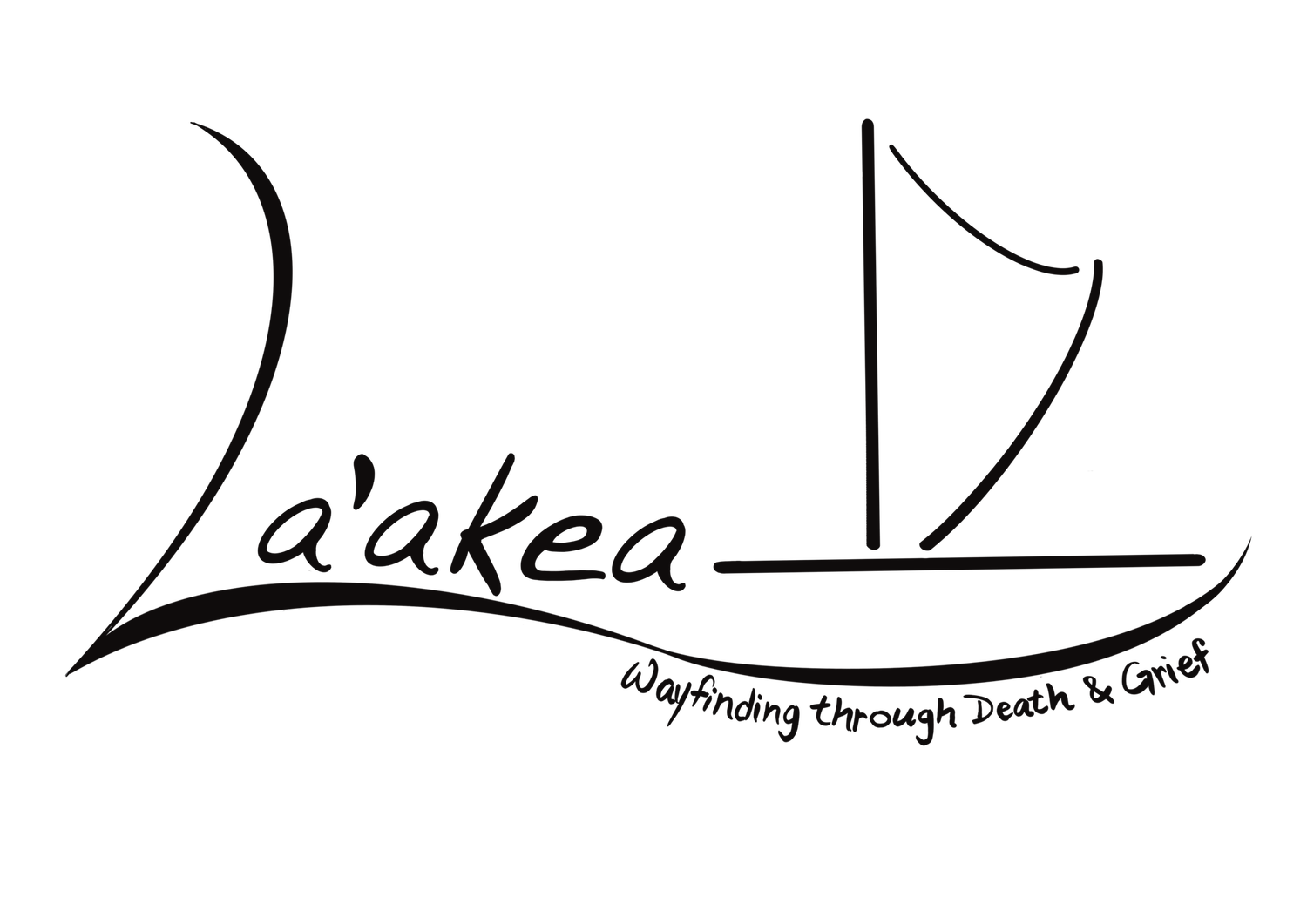Bedside Lessons: Living Fully and Dying Whole ⭐️
Special Contribution by Dr. Ilan Bernstein
Additionally published on Op-Med, 07/17/25. (Op-Med is an online blog providing clinician authors a place to share thoughts, opinions, and knowledge with the largest medical community in the United States.)
Events occur in our lives that challenge our relationship with the world and can give us a sense that it might just be ending. I am a hospice and palliative medicine doctor. While I have found myself seeking exceptions at times during my career, I can confirm that we are all, in fact, going to die. My work gives me the opportunity to help people with serious illness live as well as they can for as long as they can. It is also a daily reminder of how precious our time on earth really is. Our finitude can be an unhappy and all too ignorable truth to sit with as we navigate life’s many demands. Though a reminder that “this” and “we,” too, shall pass, brings important lessons that might just serve us in crisis, orient us toward a more meaningful life, and help us to die more wholly when the time comes.
When the reality of our mortality pierces the reverie of everyday existence, it is natural for us to take stock in our lives and consider what our legacy might be when we are gone. Many of us hope to leave the world in better shape than we found it for the betterment of our descendants, the planet, and its inhabitants. While we may not be among the few with the power to author enduring policy or mold culture, we can nevertheless bring immeasurable good to the world if we make a conscious effort to live more fully. Doing so also happens to improve our chances of achieving a “good death” when our lives do arrive at their eventual close. While the mechanics of what one might consider to be a “good death” varies from person to person, a unifying hope is that our final moments will meet us with a full, contented, and peaceful heart.
There is a saying that people tend to die as they have lived. That is, how we experience the end of our lives reflects our accumulated wisdom and the attitudes we have cultivated over our lifetimes. There is truth to this, though it is an incomplete story. My participation in the care of people living with serious illness has shown me that the potential for personal growth persists throughout life, including while dying. Following the shock of a life-threatening diagnosis, many people begin the work of examining their lives and relationships while focusing on what is most important to them. This is not an inherently easy task, and it is common for people to struggle with their sense of purpose as they lose abilities that had been part of their self-identity. Some people strive to find equanimity and do not. Yet others, who would otherwise appear destined to an unhappy and unfulfilled death, nevertheless achieve transformative positive shifts in their wellbeing as they approach their final moments. The good news is that it is rarely too late for us to learn, to grow, and to cultivate habits that can serve us in life now while inviting a better death later. It is also never too early, and it does not require the jolt of a life-changing event or medical diagnosis.
There is not a single prescription that can be written to ensure a good death, though our chances are improved if we choose to do what we can, little by little, to bring goodness to our lives and to those around us. Practices that invite more contentment and connection in life can also serve us well near death. A few examples include:
a. Lending grace to the person who made us feel slighted and remembering to extend some to ourselves when we make honest mistakes.
b. Pausing for breath before reacting to an unwise comment or provocative statement.
c. Recognizing parts of ourselves in others, and them in us.
These are among countless small acts that can remind us that we are alive, right now. We live in times that can make these practices seem difficult, or even impossible. The current physical, social, and geopolitical climate provides many opportunities to despair. Wars rage in the world, inequalities persist, our politics appear broken, and technologies which promised to strengthen social networks have mostly exacerbated our felt isolation. We will, or have been, harmed by life and the people in it. We might also be awed by the beauty of our world and the miraculous truth of our very existence. I can attest that most people do not die Republican or Democrat, conservative or liberal, hawk or dove. We die with a sense of meaning, purpose, and connectedness - or we do not. When all is said and done, it will be up to each of us to bring what we will to our final moments on earth. I do not pretend to stand on any moral authority except to report what I have seen and learned at the bedside of dying people time and again. That embitterment does little to serve us and makes the throes of dying all the worse. That among the most beautiful gifts we can give is a simple “I love you,” or “I am here,” or “I am sorry,” or “I forgive you.” And that love is what matters in the end. Love is one of the few things that we can bring with us to our deathbeds. Love preserves our dignity in situations that would have otherwise stripped it. When it is our time, love helps us to die whole.
My fellow human beings, I wish you a loving, fulfilled, creative, joyful, generous, and appreciated life, right through its final breath.
~ Dr. Ilan Bernstein
